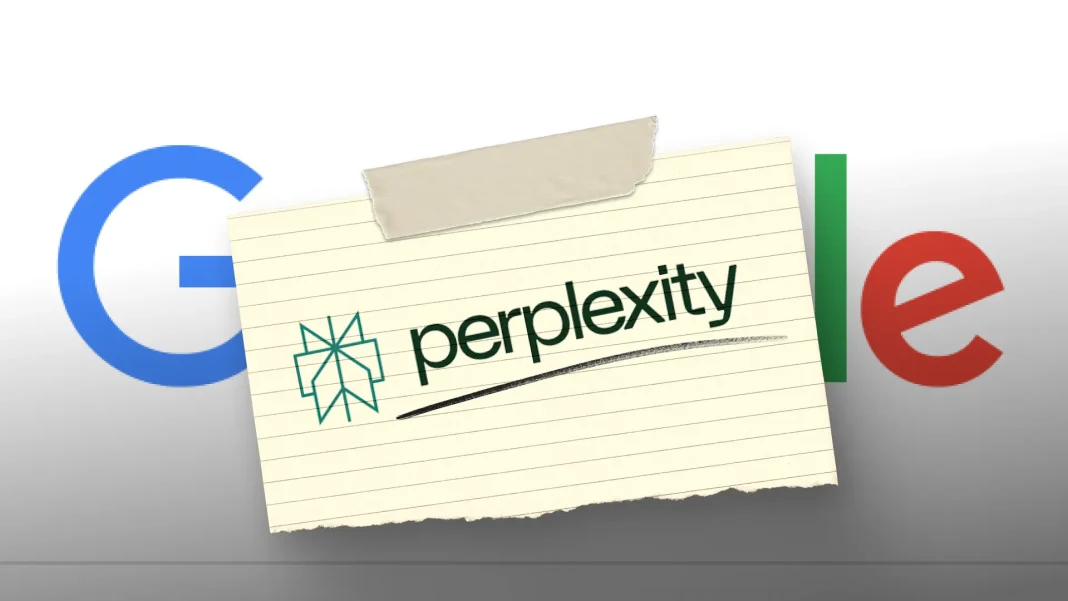The Yomiuri Shimbun, one of Japan’s largest and most influential newspapers, has filed a major lawsuit against U.S.-based artificial intelligence search engine Perplexity AI. Filed in the Tokyo District Court on August 7, 2025, the lawsuit claims Perplexity used more than 119,000 of Yomiuri’s online articles between February and June without authorization.
The paper accuses Perplexity of “free-riding” on its journalism by feeding its AI models with copyrighted content and providing users with instant summaries that discourage them from visiting the newspaper’s website.
Damages and Legal Demands
The Yomiuri Shimbun is seeking ¥2.17–¥2.2 billion (around $14.7 million USD) in damages. The lawsuit also demands that Perplexity:
- Cease reproducing any Yomiuri content
- Delete existing stored copies
- Stop using its material entirely in AI training or output
Yomiuri argues that Perplexity’s approach undermines the financial foundation of journalism by reducing website traffic and ad revenue, warning that it could ultimately harm the role of journalism in supporting democracy.
Why This Case Is Significant
This is the first lawsuit of its kind in Japan targeting an AI company over alleged large-scale use of copyrighted news content. It follows a global wave of media organizations challenging AI firms:
- The New York Times sued OpenAI and Microsoft in late 2023.
- News Corp and the Wall Street Journal have taken similar action in the U.S.
- European media houses have also begun sending cease-and-desist letters to AI developers.
Experts say the case could set a legal precedent in Japan for how copyright applies to AI training and zero-click search models.
Perplexity’s Position
As of now, Perplexity has not publicly responded to the Yomiuri lawsuit. However, in earlier disputes with other media outlets, the company has criticized lawsuits as anti-innovation and claimed that restricting AI access to published material limits public information.
Perplexity’s AI-powered search engine has grown rapidly, attracting investment and user interest for its chat-style answers that synthesize multiple sources into quick, readable summaries. But this popularity has fueled concerns among publishers that AI search products bypass traditional journalism.
Broader Impact on AI and Media
This lawsuit adds to rising global tension between the media industry and AI companies. Publishers argue that their costly, human-produced journalism is being exploited for free, while AI firms insist that open web content should remain part of the information ecosystem.
If Yomiuri wins, it could encourage other Japanese publishers—and possibly Asian media outlets—to take legal action against AI companies using their content without a licensing agreement.



